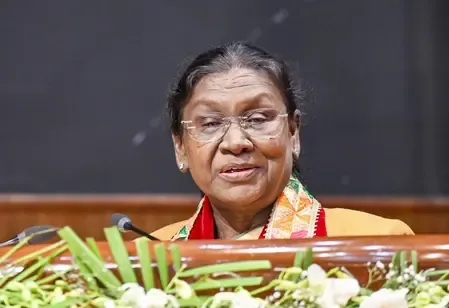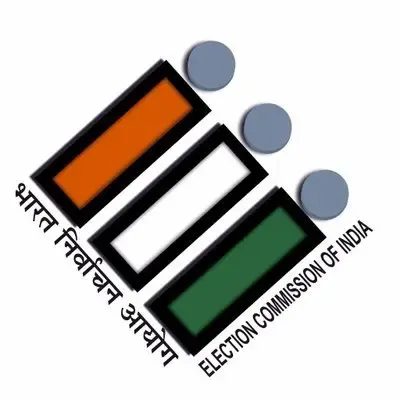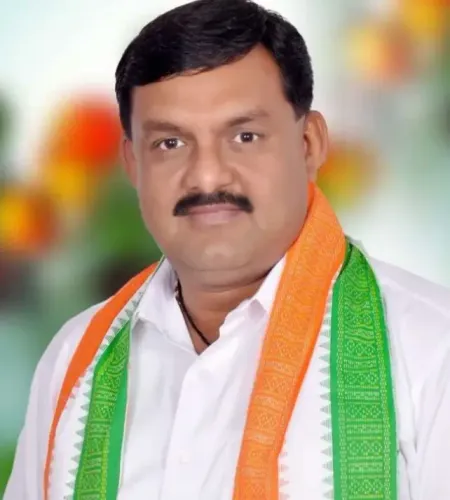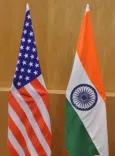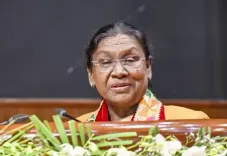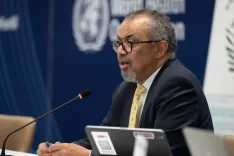Sirsa Calls for Respect Amid Controversy Surrounding Holi Celebrations
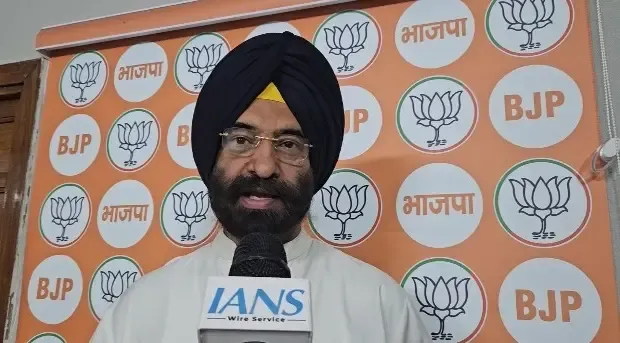
Synopsis
Key Takeaways
- Mutual respect is essential during festivals.
- Holi symbolizes unity and joy.
- Controversial remarks can incite public outrage.
- Inclusivity strengthens community ties.
- Legal issues surrounding political figures may affect public perception.
New Delhi, March 12 (NationPress) In light of Uttar Pradesh Minister, Thakur Raghuraj Singh's provocative suggestion that Muslims intending to perform Friday prayers on Holi should don a “Tarpaulin Hijab” to prevent their clothing from being stained during this vibrant festival, Delhi's Forest and Environment Minister Manjinder Singh Sirsa has called for mutual respect for all religions and their respective celebrations.
Singh's comments ignited public outrage, echoing similar statements made by Sambhal Circle Officer Anuj Chaudhary regarding the coinciding dates of Holi and Jumma Namaz this year.
Sirsa highlighted the necessity for harmony and peaceful coexistence, urging everyone to celebrate Holi, a festival symbolizing unity and colors, without inciting controversy.
In an interview with IANS, Sirsa remarked, “Holi is a sacred festival that unites individuals, and we should all partake in its joy. It's regrettable that some are attempting to turn this joyous occasion into a controversy. We must honor one another's religions and festivals, as this cultivates respect and understanding. Let's not permit such matters to divide us.”
He further emphasized the significance of inclusivity, stating, “Respecting one another's beliefs reinforces our own and enables us to coexist harmoniously. Let’s avoid unnecessary conflicts and concentrate on the genuine essence of celebration.”
Sirsa also addressed a recent Delhi Court ruling mandating the filing of an FIR against Aam Aadmi Party (AAP) leader Arvind Kejriwal and others regarding allegations of oversized hoardings in Dwarka.
Sirsa described the case as an illustration of Kejriwal's corrupt practices, asserting that the court’s ruling validates previous claims.
“This is merely another instance of the corruption Kejriwal has engaged in,” Sirsa stated. “We’ve been asserting this for quite some time, and now even the court has corroborated it. The case against him under various Sections further clarifies that his conduct was not only unethical but also illegal.”
The Delhi Court's order under the Delhi Prevention of Defacement of Property Act has compounded the legal challenges facing former Delhi Chief Minister Kejriwal. The court mandated the prompt filing of an FIR, highlighting serious concerns about the alleged misuse of public property by the AAP administration.


